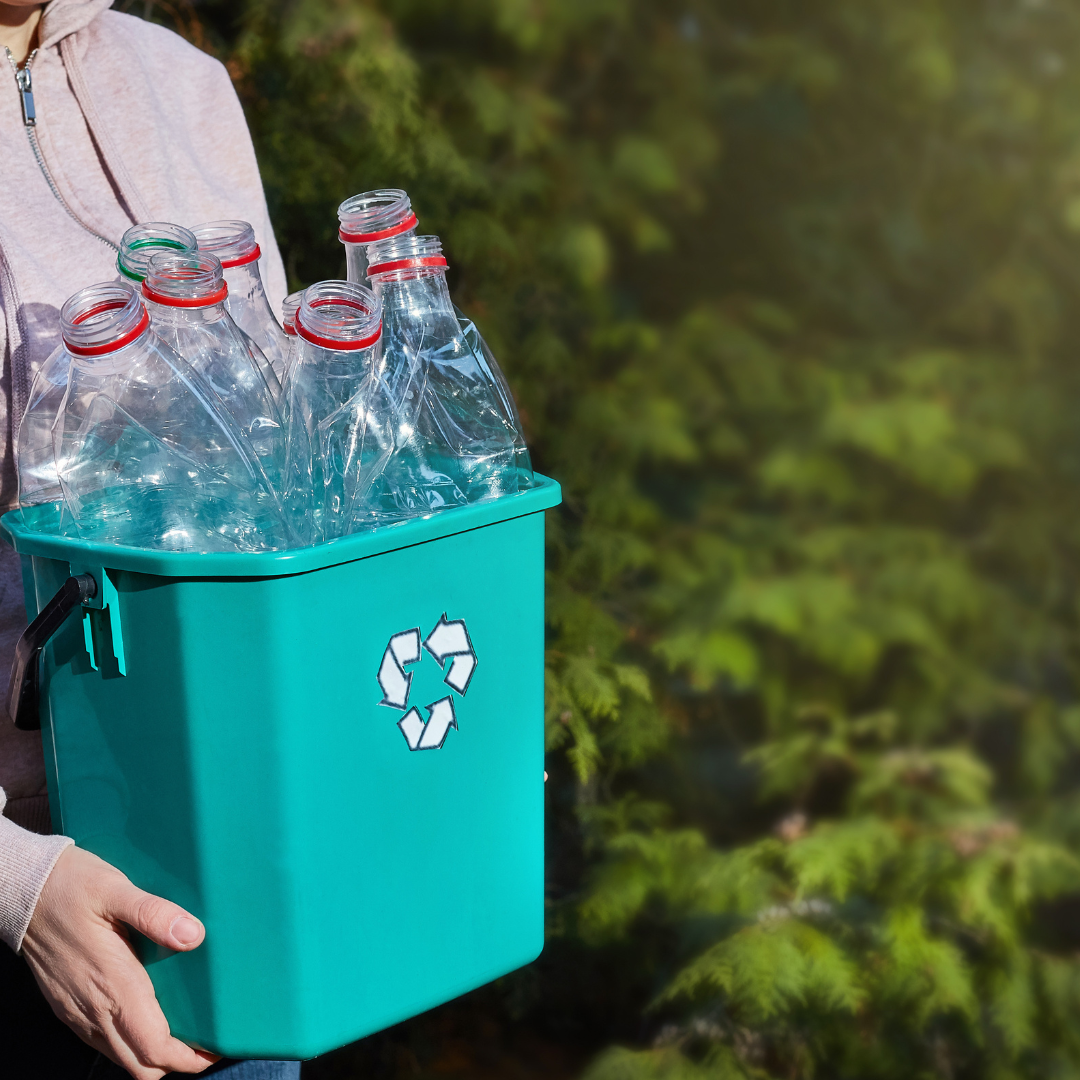Linking Recycling, Mental Health, Suicide Prevention, and the Environment for a healthier world
The world is facing a growing mental health crisis and environmental challenges. Surprisingly, there’s a connection between the two that is both inspiring and important. As we try to understand the complex web of factors that impact our mental well-being, we realize that the environment plays a vital role. In this blog post, we will explore the link between mental health, suicide prevention, and the environment. We will also discuss how recycling can be an essential part of the solution.
 Did you know – there is one small action you can take right now to help us improve the mental, emotional and physical health of people and the world… read on to find out what it is and why it helps.
Did you know – there is one small action you can take right now to help us improve the mental, emotional and physical health of people and the world… read on to find out what it is and why it helps.
Mental Health and the Environment: A Silent Connection
Our mental health is influenced by a myriad of factors, including genetics, life experiences, and societal pressures. However, the environment in which we live and the choices we make regarding it also play a crucial role. Just as our mental health is a state of our overall well-being, so is the amount of rubbish we produce, a sign of a healthy environment.
“The greatest need of our time is to clean out the enormous mass of mental and emotional rubbish that clutters our minds.” – Thomas Merton
1. Nature Therapy: There’s a growing body of research that supports the idea that spending time in nature has profound mental health benefits. Nature therapy, also known as ecotherapy, is being used to help individuals manage stress, anxiety, and depression. The natural world can be a source of solace and calm, reminding us of the inherent beauty in life.
2. Connection and Isolation: As we become more removed from nature and live in an increasingly digital world, feelings of disconnection and isolation can intensify. Our relationship with the environment can affect our sense of community, belonging, and well-being.
3. Environmental Stress: On the flip side, the environment itself can be a source of stress. Climate change, pollution, and natural disasters can contribute to a sense of hopelessness and anxiety, exacerbating existing mental health issues.
Suicide Prevention: The Overlapping Concern
The connection between suicide prevention and the environment becomes even more apparent when we consider that suicide rates often increase during times of environmental stress. Natural disasters a
and economic hardship can contribute to feelings of despair. As such, addressing these issues holistically is crucial for comprehensive suicide prevention efforts.
Recycling: A Bridge Between Mental Health, Suicide Prevention, and the Environment
 Recycling might not seem like an obvious solution to mental health and suicide prevention, but it’s a small yet impactful step that bridges these concerns. Here’s how recycling can help:
Recycling might not seem like an obvious solution to mental health and suicide prevention, but it’s a small yet impactful step that bridges these concerns. Here’s how recycling can help:
1. Creating Purpose: Participating in recycling programs can give individuals a sense of purpose and accomplishment. Knowing that their actions contribute to environmental preservation can boost self-esteem and reduce feelings of hopelessness.
2. Community Engagement: Recycling often involves community efforts. It brings people together, fostering a sense of connection and belonging, which can be crucial in suicide prevention.
3. Reducing Environmental Stress: Recycling plays a role in reducing pollution and conserving natural resources. By addressing environmental issues, we can mitigate the stressors contributing to mental health challenges.
4. Mindful Living: Recycling encourages us to be more mindful of our consumption and waste. This mindfulness can spill over into other aspects of our lives, helping us manage stress and make more sustainable choices.
In summary, the connection between mental health, suicide prevention, and the environment is complex and multifaceted. By recognizing the role that the environment plays in our well-being and actively participating in recycling and other sustainable practices, we can make a positive impact on all these interconnected issues. Taking small steps to care for our environment can have a significant effect on our mental health and the prevention of suicide, creating a healthier, more sustainable future for us all.
You can help us take small steps to improve our mental, emotional and physical health by donating your containers for change refund to Hike to Heal Australia to support our services in educating, enhancing and acknowledging the stresses of mental well-being. When you recycle your containers, quote the number below, and the funds will be donated to our Charity.






